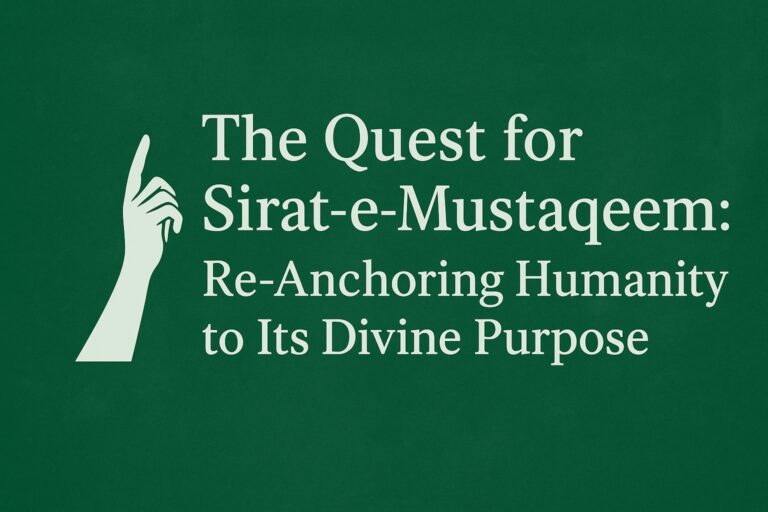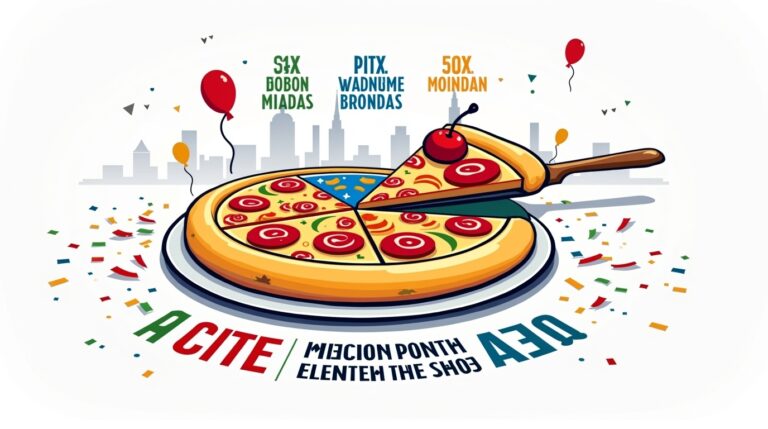SDG 12: Responsible Consumption and Production Building a Culture of Sustainability
Introduction
SDG 12: Responsible Consumption and Production Building a Culture of Sustainability. Sustainable development cannot be achieved without rethinking how we consume and produce. It lies at the very core of this transformation, urging societies to reduce waste, adopt efficient resource use, and adopt lifestyles that safeguard the Earth’s finite resources. Around the world, unsustainable production systems and extravagant consumption patterns are accelerating climate change, degrading ecosystems, and widening inequalities. For Pakistan, this challenge is particularly acute: rampant food wastage, unchecked industrial pollution, plastic dependency, and energy inefficiencies are straining both the economy and the environment. Yet, within this challenge lies an opportunity to cultivate a culture of sustainability, grounded not only in global best practices but also in the timeless Islamic principles of moderation, balance, and stewardship of the earth.
https://mrpo.pk/sdg-12-responsible-consumption-production/
Global Context
SDG 12 calls for a transformative shift in how societies consume and produce. Globally, unsustainable practices are driving climate change, biodiversity loss, and pollution:
- The world extracts over 90 billion tons of resources annually, projected to double by 2050.
- Food waste is a major concern, with nearly one-third of food produced globally wasted while millions face hunger.
- Over-consumption patterns in industrialised nations and inefficient production systems in developing ones both exacerbate ecological strain.
The goal envisions efficient use of natural resources, reduction of waste, responsible business practices, and promotion of sustainable lifestyles.
Pakistan’s Context: The Wasteful Economy
Pakistan faces deep-rooted challenges in aligning with SDG 12:
- Food Waste: Up to 40% of food in Pakistan goes to waste, even as millions face food insecurity.
- Plastic Pollution: Around 3.9 million tons of plastic are produced annually, with poor recycling infrastructure.
- Energy Inefficiency: Electricity theft, transmission losses, and inefficient appliances increase both cost and emissions.
- Industrial Practices: Textile, sugar, cement, and brick kiln industries consume excessive resources and emit pollutants.
- Urban Waste Management: Major cities like Karachi and Lahore struggle with overflowing landfills and open dumping.
The culture of extravagance in weddings, consumerism-driven marketing, and disregard for recycling worsen the situation.
Structural Failures in Pakistan
- Weak Policy Implementation: Although Pakistan has waste management and energy efficiency policies, enforcement is negligible.
- Lack of Awareness: Households and businesses rarely see waste reduction as a civic or moral duty.
- Poor Recycling Systems: Informal waste pickers handle most recycling without proper safety or efficiency.
- Industrial Non-Compliance: Industries evade environmental audits and resist cleaner production technologies.
- Cultural Habits: Extravagance in consumption is often seen as a symbol of status, reinforcing waste.
Challenges in Achieving SDG 12
- Population Growth is increasing consumption pressure.
- Weak Local Governance failing to enforce municipal recycling or sustainable waste systems.
- Economic Constraints are limiting the adoption of advanced cleaner technologies.
- Corporate Irresponsibility where profit outweighs sustainability.
- Low Public Awareness about the link between lifestyle and environmental impact.
Islamic Perspective: Moderation as a Principle of Life
Islam provides a profound ethical framework for SDG 12:
- Condemnation of Israf (Waste): “Indeed, the wasteful are brothers of the devils” (Qur’an 17:27).
- Balance in Consumption: “Eat and drink but do not waste; surely, He does not love the wasteful” (Qur’an 7:31).
- Trusteeship of Earth: Humans are appointed as khalifah (stewards) of the earth; sustainability is a divine responsibility.
- Prophetic Example: The Prophet Muhammad (PBUH) discouraged waste even when using water for ablution from a flowing river.
Thus, responsible consumption is not merely an economic or ecological principle but a religious obligation deeply rooted in Islamic teachings.
Economic Lens: Waste as a Drain on Growth
Wasteful consumption and inefficient production are directly linked to Pakistan’s economic stagnation:
- Food wastage equals billions of rupees lost annually in agriculture and logistics.
- Energy inefficiency adds to circular debt and higher import bills for fuel.
- Unsustainable practices increase healthcare costs due to pollution-related diseases.
- Recycling and green businesses remain untapped opportunities for job creation and exports.
If Pakistan embraces sustainable consumption, it can save resources, reduce debt, and create green economic pathways.
Strategic Recommendations for Pakistan
The recommendations here are strategic options. They must be piloted locally, tested, and adapted before full-scale implementation. Citizen participation and political will are non-negotiable.
- Promote Circular Economy: Incentivise recycling, repair, and reuse industries.
- Public Awareness Campaigns: Educate citizens on reducing food waste and single-use plastics.
- Industrial Modernisation: Encourage industries to adopt cleaner technologies through tax incentives.
- Legislate Against Waste: Ban unnecessary extravagance in weddings, packaging, and plastics.
- Strengthen Local Governance: Equip municipal authorities for waste collection, segregation, and recycling.
- Green Entrepreneurship: Support start-ups focused on renewable materials, eco-friendly products, and waste-to-energy solutions.
Conclusion
SDG 12 calls for a cultural, moral, and economic transformation. Pakistan cannot afford to remain trapped in wasteful practices while its people face poverty and resource scarcity. By integrating Islamic principles of moderation, harnessing technology, and fostering civic responsibility, the nation can move towards a more balanced, sustainable, and prosperous future. Responsible consumption is not only a development path but also a fulfilment of moral and spiritual duty.



